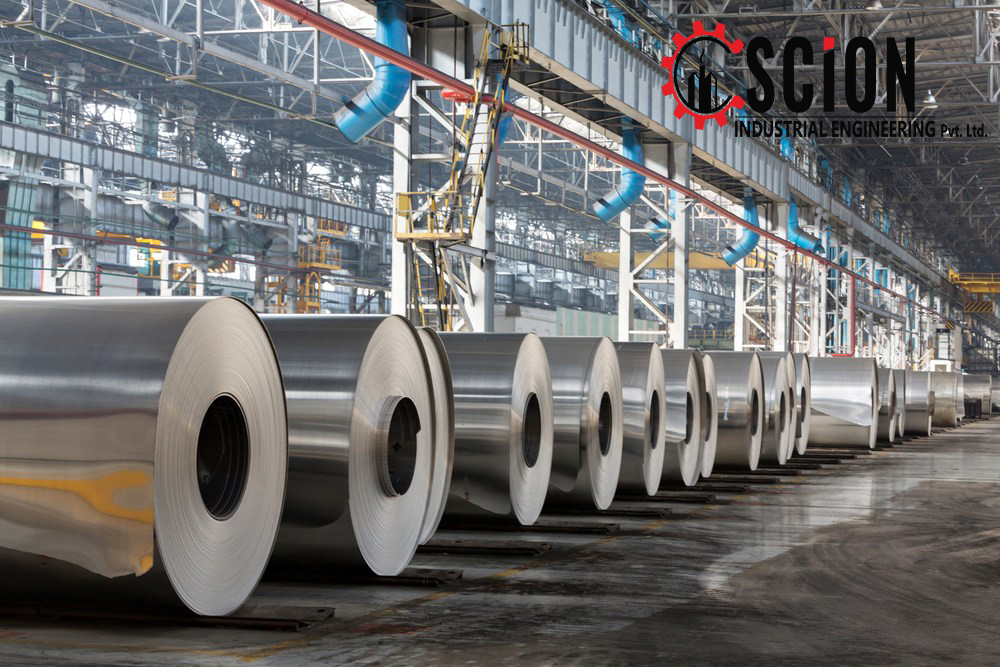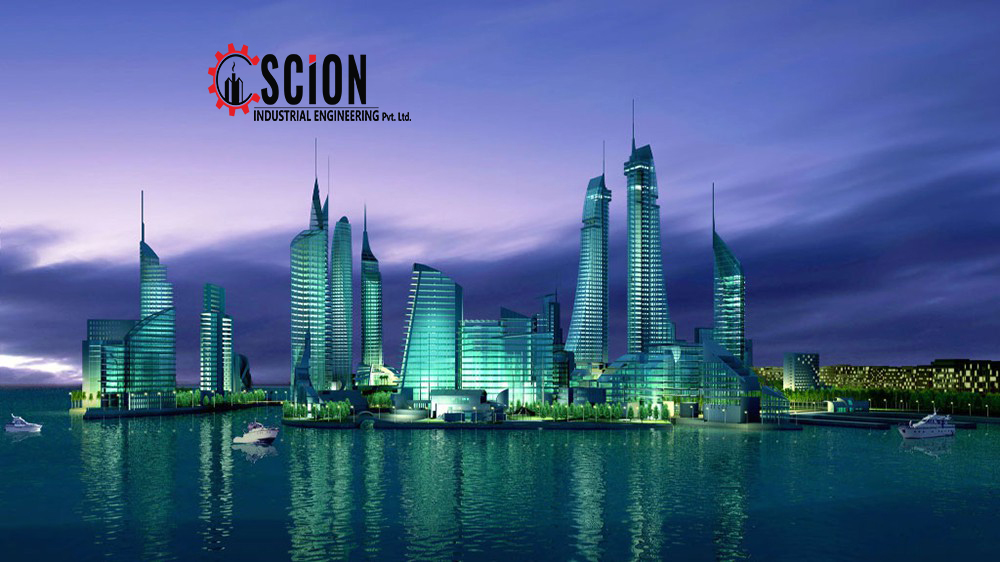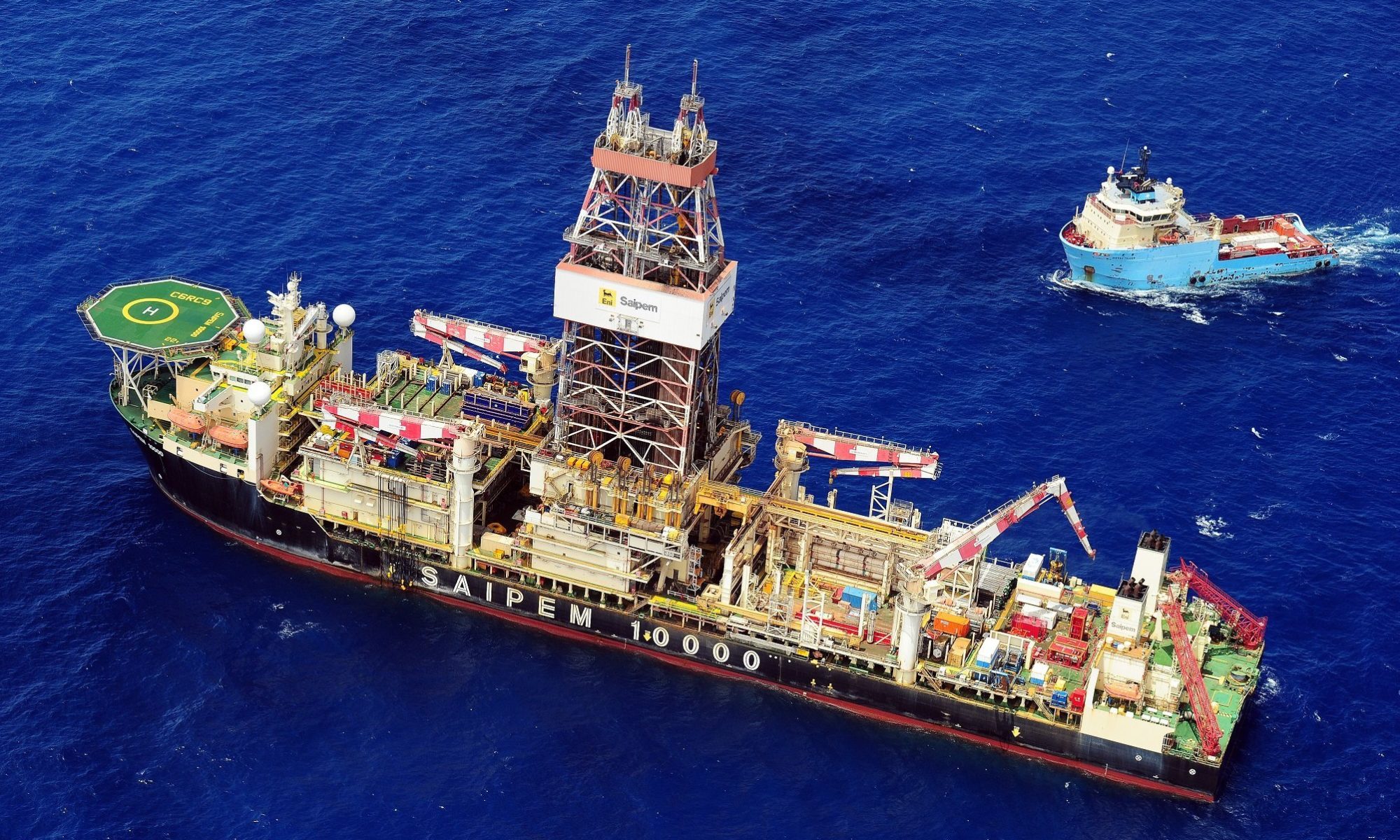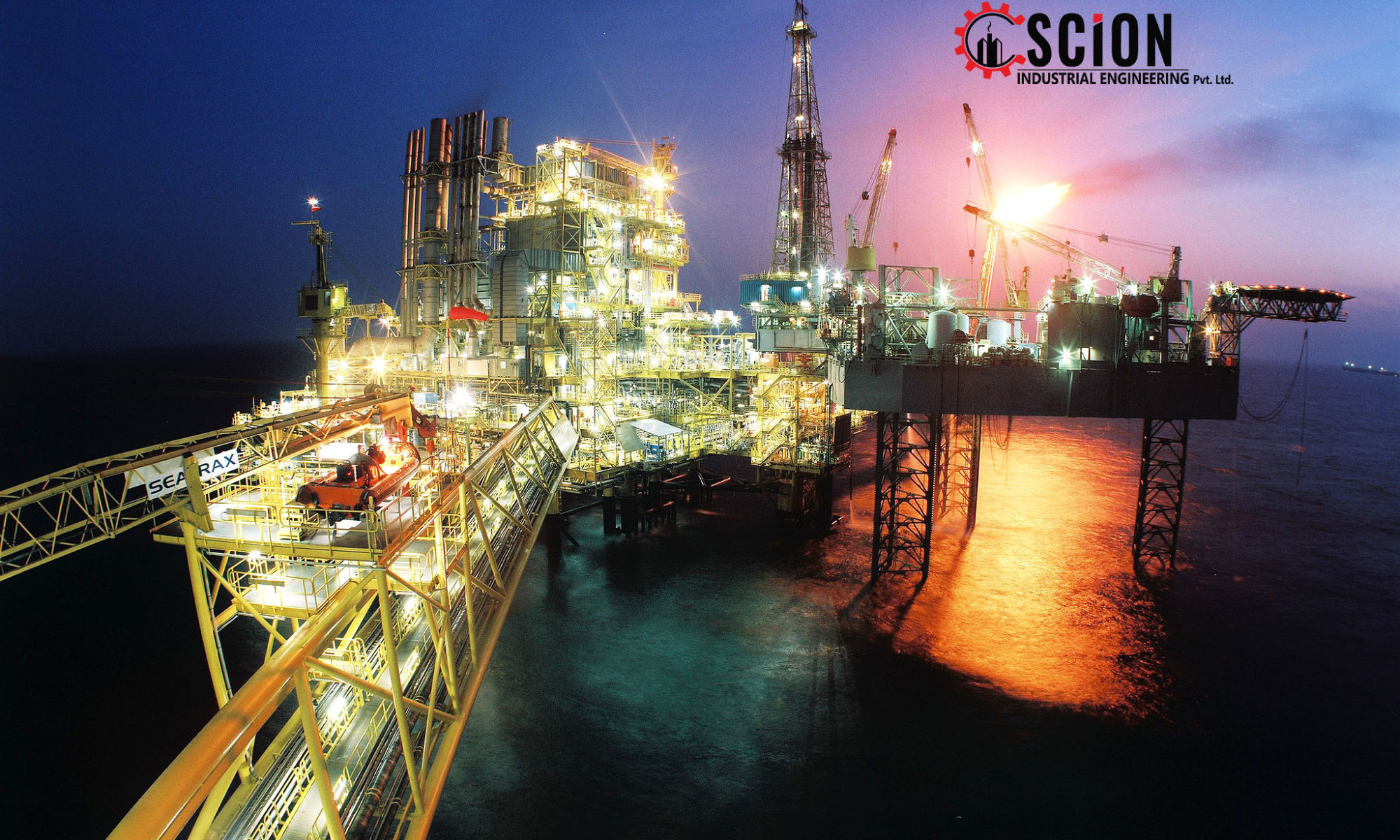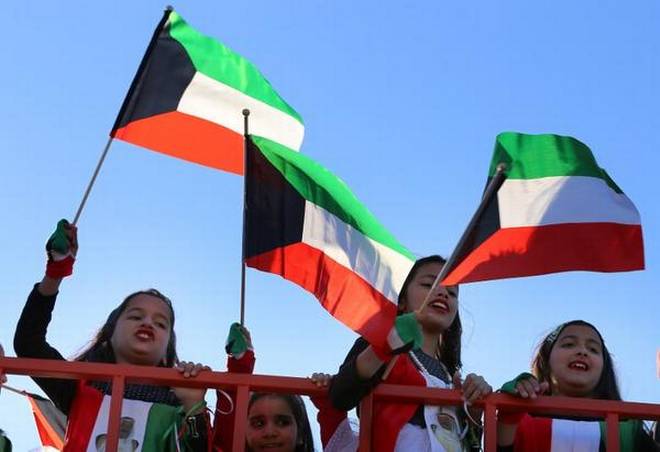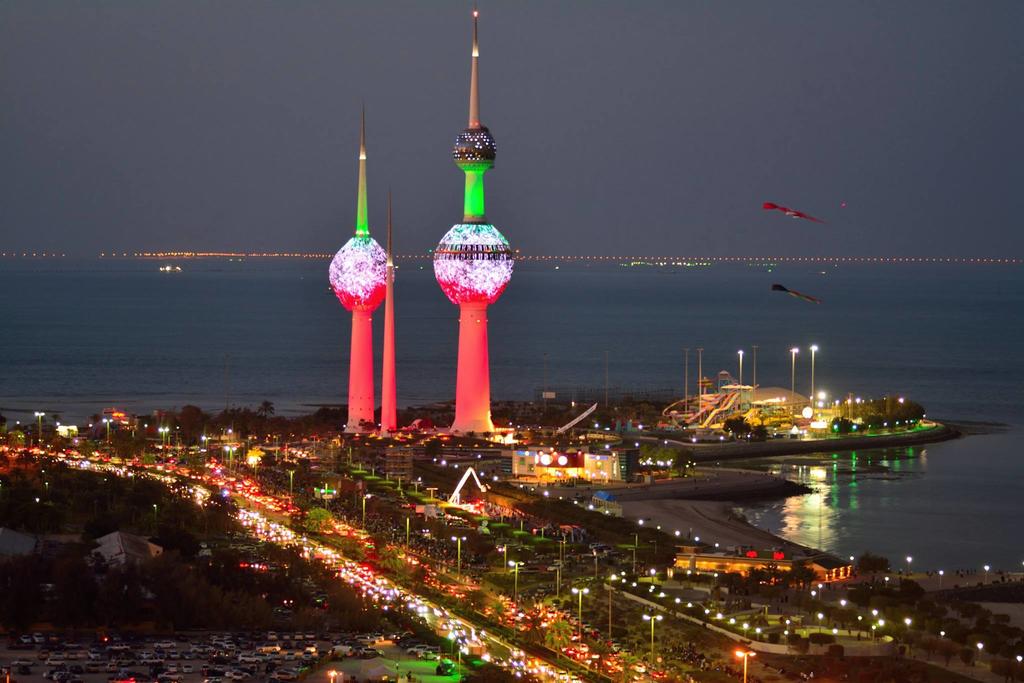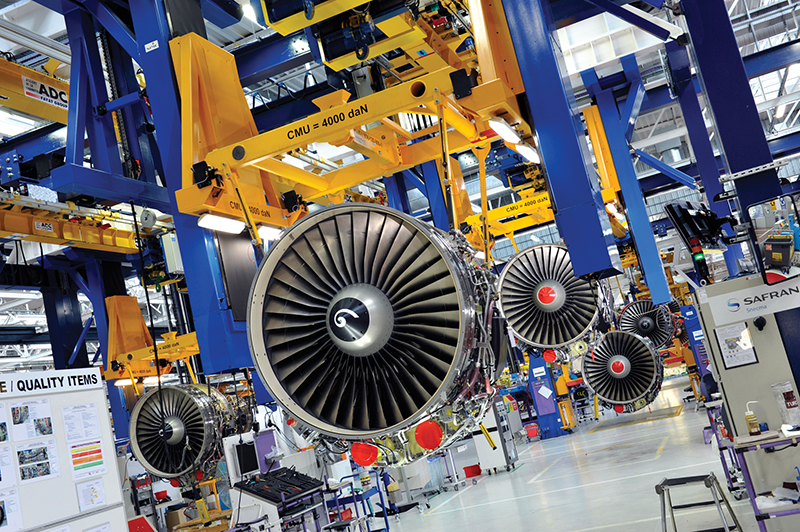The UAE has been ranked first in the Arab region and 29th globally in UNIDO’s Competitive Industrial Performance Index (CIP), climbing two spots from last year’s index. The CIP, which ranks 153 countries, assesses national industrial performance in the global economy, benchmarking the ability of countries to produce and export competitively.
This index gauges and compares the strength of industrial competitiveness within countries. It is based on indicators including technological capabilities, innovation, productivity, and trade performance. The UAE has remained in the CIP’s top quintile, reflecting its position as a regional and global player in the industrial sector. Under the CIP, the UAE climbed from 124 to 115 in Industrial Export Quality, 98 to 95 in Share of Manufacturing Value Added in GDP, 110 to 97 in Share of Manufacturing Exports in Total Exports and 17 to 14 in Manufacturing Export per Capita indices.
His Excellency Dr Sultan bin Ahmed Al Jaber, Minister of Industry and Advanced Technology, said: “The UAE leadership’s vision and directives have laid solid foundations to achieve sustainable economic development. The country has made qualitative leaps in industrial development and has been able to strengthen its strategic position as it moves towards achieving its industrial goals through a set of competitive advantages that enhance its position as a global hub for manufacturing and innovation.
“The recent UNIDO ranking confirms the UAE’s leadership in industry and advanced technology and highlights the country’s industrial trajectory. It also reflects MoIAT’s commitment to stimulating sustainable industrial growth and enhancing investment attractiveness as well as regional and international competitiveness through deploying advanced technologies and solutions of the Fourth Industrial Revolution.”
His Excellency emphasized the ministry’s keenness to enhance the competitiveness of the national industrial sector in line with the objectives of Operation 300bn. Since its inception in 2020, the ministry has implemented strategies, policies, initiatives and programs that have contributed to the development of the sector. These include Make it in the Emirates, the National ICV Program and the Technology Transformation Program, which have contributed to enhancing the enablers and incentives offered by the industrial sector to local and international investors.
They have also contributed to empowering national talents and developing their technical competencies and skills, enhancing supply chain resilience, and motivating national and international companies to enter partnerships to manufacture quality products in the UAE. These initiatives are largely responsible for the UAE ranking first in the region in UNIDO’s index for two years running, while climbing to 29th globally in competitive industrial performance and rising 9 places in the quality of industrial exports index.
His Excellency added: “The UAE’s announcement to reduce carbon emissions by 40 percent by 2030, in the third update of the second edition of the Nationally Determined Contributions report, underlines our leading model for building a sustainable future. The industrial sector is critical to achieving these sustainability goals. We remain committed to enhancing the competitiveness of the national industrial sector, as well as its attractiveness to investors, through focusing on expanding the use of advanced technology, entrepreneurship, and investing in sustainable future industries in line with our net zero by 2050 commitment.”
Her Excellency Hanan Mansour Ahli, Managing Director of the Federal Competitiveness and Statistics Centre, said: “The UNIDO ranking builds on significant strides made by the UAE across several global competitiveness reports. It reflects the government’s commitment to strengthening the UAE’s position as one of the most advanced nations, and recognizes the ministry’s efforts – as well as those of its strategic partners – to drive sustainable development.”
She added: “The UAE holds the top ranking in 152 competitiveness indices globally and is among the top 10 in 425 competitive indices. These rankings are based on the Federal Competitiveness and Statistics Centre’s analysis of 1,502 indices published by the United Nations and other international organizations.”
MoIAT’s various initiatives have helped enhance the industrial sector’s efficiency and competitiveness, demonstrating the ability of UAE industries to compete globally. This has been underlined by the increasing contribution made by industry to GDP. The sector contributed AED 180 billion last year. Additionally, these programs have significantly boosted the UEA’s non-oil industrial exports, estimated to have reached more than AED 170 billion in 2022.
One of the main drivers of industrial growth is the National In-Country Value Program. In 2022, six new entities joined the program. The program redirected AED 53 billion into the economy in 2022, a 25 percent increase from 2021, while helping to provide jobs for almost 2,000 UAE nationals.
Another key factor in the country’s industrial development in 2022 was the Technology Transformation Program (TTP). The program aims to boost exports of technological products by around AED 15 billion a year. The program will add AED 110 billion to GDP annually and drive AED 11 billion in technology investments. By automating the industrial sector, the program will also help to increase industrial productivity by AED 15 billion annually.
Source:https://economymiddleeast.com/news/uae-climbs-to-29th-in-unidos-competitive-industrial-performance-index/

